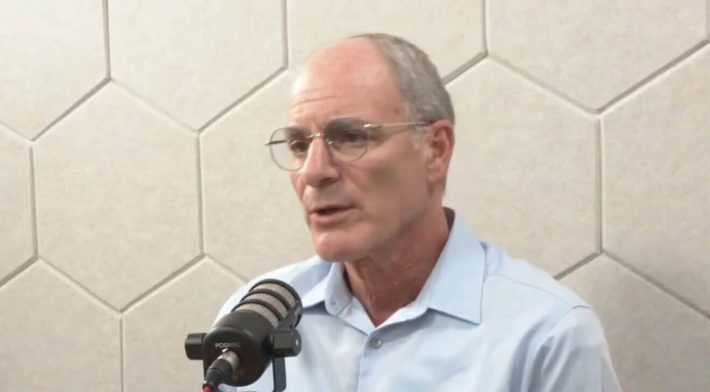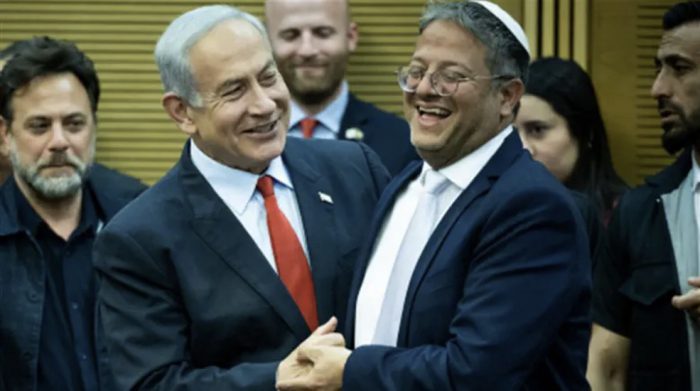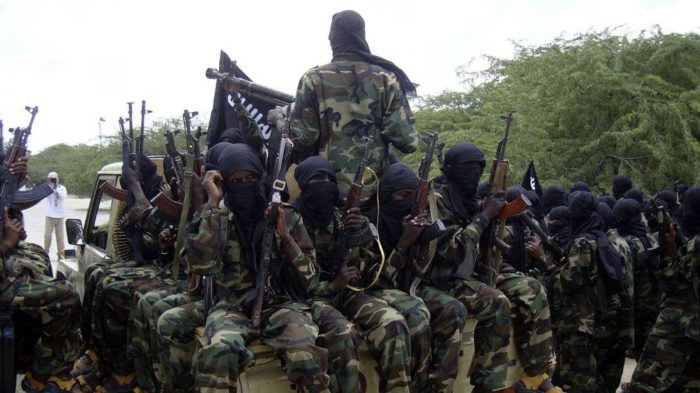In a powerful CNN interview, Israel’s U.S. ambassador defended the IDF’s restraint against Hamas, recounting how his own son was killed in Gaza while protecting civilians.
Israel’s Ambassador to the United States, Yechiel Leiter, delivered an emotional and forceful defense of Israel’s military conduct in Gaza during an interview with CNN’s Jake Tapper, stressing both the unprecedented operational challenges and the moral code guiding the IDF.
“You got to ask yourself a question,” Leiter began. “A country that’s capable of taking out the control of all Iranian airspace in 72 hours, allowing the U.S. B-2s to obliterate nuclear facilities in Iran, isn’t capable of ending this war sooner? Of course we are. But it’s because we’re taking precautions that no other country has ever taken—facing 450 miles of terror tunnels under a strip of land just 24 miles long.”
He described Hamas as a “ghoulish, fiendish organization” that thrives on human suffering: “They not only hide behind civilians, they use them as shields. This is a death cult. They say this themselves—you have to read their own words.”
The ambassador’s remarks turned deeply personal as he spoke about his son, Moshe, who was killed in the early days of the war:
“We do everything we possibly can. My own son was killed because we do not kill innocent civilians. He went in on foot into Gaza, leading troops, and was killed in a Hamas booby trap.”
Leiter argued that accusations of indiscriminate Israeli warfare are not only false but tragically insulting: “If we were doing what we’re accused of, maybe he’d be alive today. So many of our soldiers who died would be alive today.”
On anti-war demonstrations, Leiter pushed back against portrayals of Israeli public opinion as divided against the war effort. “The demonstrations you showed are only half of the demonstrations. The other half are families of soldiers demanding the Prime Minister end this war with the defeat of Hamas—because otherwise, we’re going back to October 6th.”
The interview showcased Israel’s case to U.S. audiences: that its military restraint comes at a high cost in soldiers’ lives, and that defeating Hamas remains essential to ensuring Israel’s survival.





